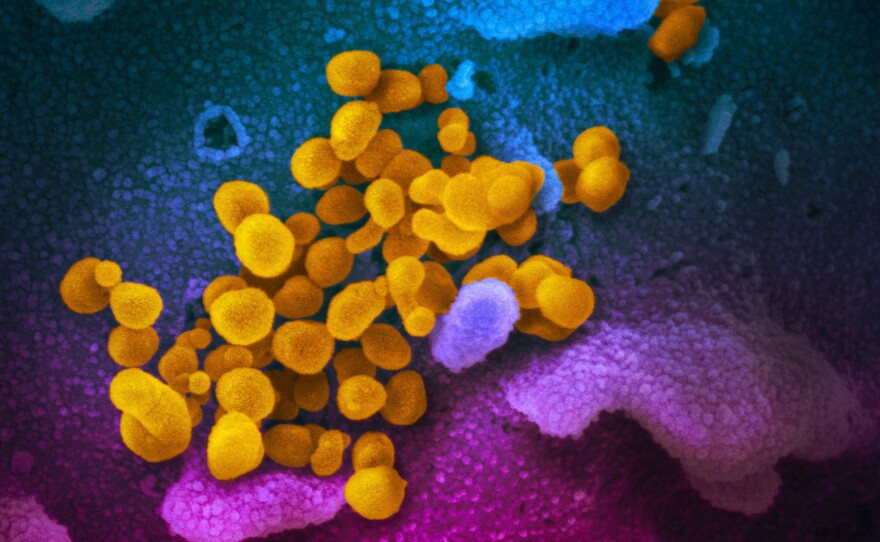UCSD Health and a section of UCSD School of Medicine will be sites for a national clinical trial for a vaccine intended to protect against SARS-CoV-2, the novel coronavirus that causes COVID-19.
The trial, sponsored by the National Institutes of Health's newly formed COVID-19 Prevention Network, is based on a vaccine prototype developed by Moderna, a pharmaceutical company located in Massachusetts. The trial is slated to begin July 27 at UCSD Health, UCSD's Altman Clinical and Translational Research Institute and various other locations throughout the country.
"Our country and the world are facing an unprecedented pandemic that has already killed more than 600,000 people worldwide," said Dr. Stephen Spector, professor of pediatrics at UC San Diego School of Medicine and principal investigator for the UCSD arm of the vaccine trial.
"A vaccine is desperately needed to help control the epidemic. We are excited that UC San Diego will be able to offer the San Diego community the opportunity to participate in a Phase III vaccine trial that, if successful, has the potential to change the course of the epidemic."
Historically, new vaccines require years of research and development, progressing through a series of phases, beginning with a first basic assessment for safety to ensure the experimental drug causes no serious harm. Subsequent Phase II and Phase III trials are intended to establish proof of concept, appropriate dosage, scope of side effects and overall effectiveness based upon sufficiently large sample size.
According to a UCSD statement, early data from the Phase I clinical trial of the Moderna vaccine, which began in mid-March, was sufficiently encouraging that the NIH, the National Institute for Allergy and Infectious Diseases and Moderna have expedited the process.
Researchers reported that participants who received the two-dose vaccine produced more antibodies to the novel coronavirus than have been seen in most patients who have recovered from COVID-19. By interfering with the way in which pathogens — such as viruses, bacteria and microbial toxins — interact with host cells, the antibodies can render pathogens non-infectious.
The Phase I trial cohort was split between three groups receiving 25- microgram, 100-microgram or 250-microgram injections in the arm, spaced 28 days apart, with resulting antibody levels higher with higher dosages. The vaccine was generally well tolerated.
No serious side effects were reported, but more than half of participants described temporary fatigue, chills, headache and muscle pain. The largest dose produced more serious reactions and will not be used in the Phase III study, which will test only the 100-microgram dose.
The Phase III trial will recruit up to 30,000 participants at multiple sites across the nation. At UCSD, the trial will be conducted through the Mother, Child and Adolescent Program.
UCSD is one of three participating trial sites in the region, and expects to enroll approximately 500 subjects.
Participants in the study trial must be 18 years or older with no known history of SARS-CoV-2 infection. The trial will give preference to participants who live in locations or under circumstances that put them at appreciable risk -- such as high-contact jobs like first responder or grocery store worker, or populations with higher incidence of the illness such as the Native American and Latino populations.
Simultaneous to vaccine testing, officials plan to begin actually producing the test vaccine in large amounts so that if proven effective, there would be significant numbers of doses available by the end of 2020 or early 2021.








